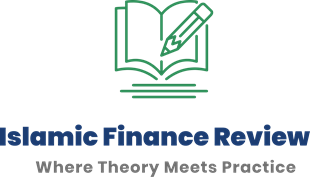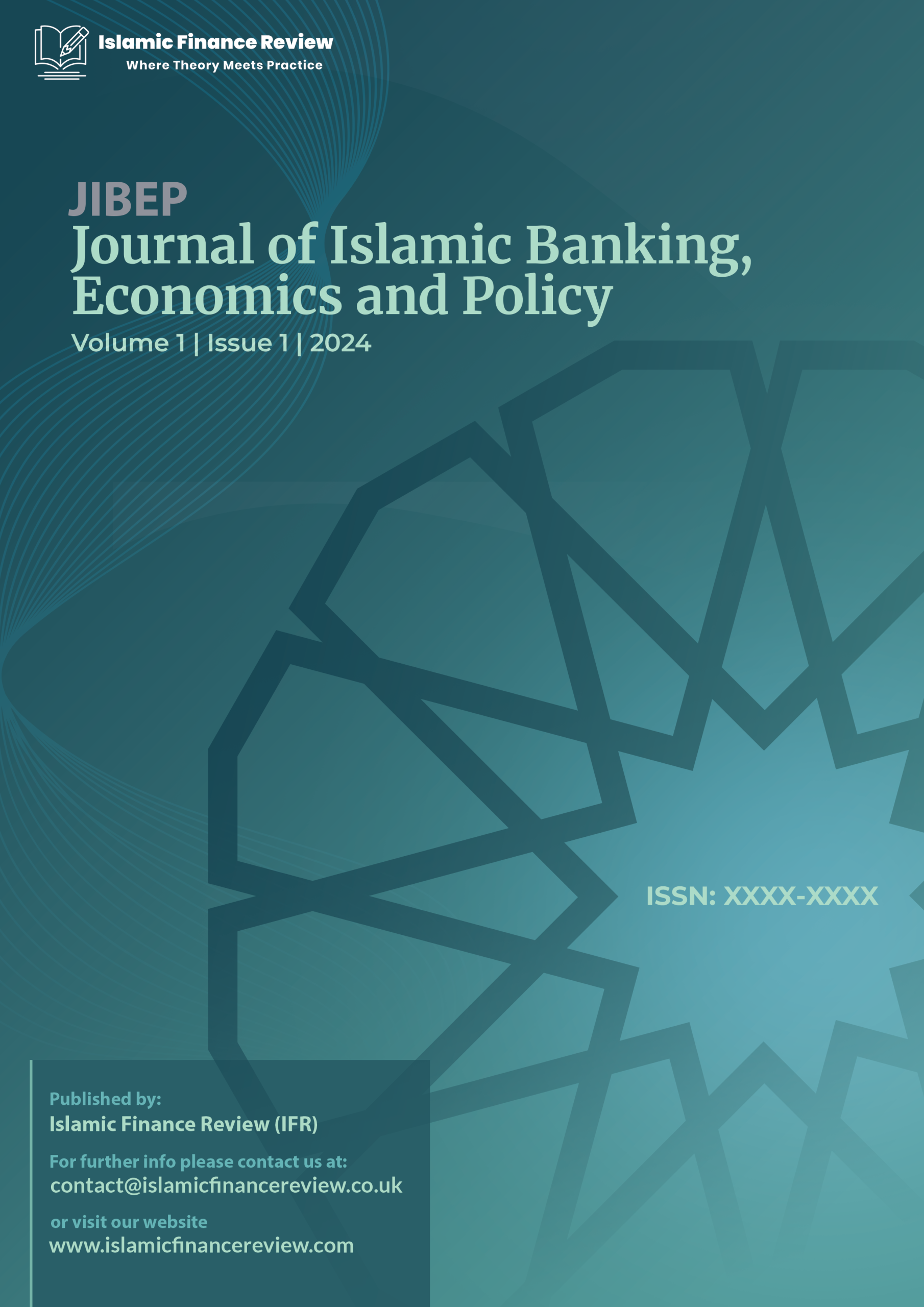
A Ramadan Savings Plan Based on Islamic Finance
- Post by: wp-islamicfinancereviewcouk
- March 4, 2025
- No Comment
- A Ramadan Savings Plan Based on Islamic Finance
- The Role of Islamic Finance in Ramadan – A Time for Ethical Wealth Management
- How to Make Your Business More Islamic Finance Compliant in Ramadan
- Building Long-Term Wealth Using Islamic Finance Principles
- Financial Discipline and Budgeting Tips Inspired by Islamic Teachings
- Protecting Your Future the Halal Way – The Role of Takaful in Ramadan
- Investing with Purpose – Halal Investment Strategies for Ramadan
- Empowering Through Faith: The Role of Islamic Microfinance in Ramadan
- Sadaqah Beyond Coins: Exploring the Broader Meaning of Charity in Ramadan
- From Reflection to Action: Carrying the Spirit of Ramadan into Everyday Islamic Finance
- Eid Special-A Message from Islamic Finance Review
Ramadan is a time of spiritual reflection, self-discipline, and financial responsibility. It is also when many Muslims focus on managing their wealth wisely, ensuring they spend and save in a halal, ethical, and Shariah-compliant manner. However, with increased expenses for food, charity, and Eid celebrations, financial discipline becomes more important than ever.
Islamic finance provides a framework that helps Muslims save and invest without engaging in riba (interest), excessive uncertainty (gharar), or unethical transactions. A well-planned Ramadan savings strategy not only helps manage daily expenses but also ensures financial stability beyond the holy month.
The Concept of Halal Savings in Islam
Islam encourages prudent financial management while prohibiting certain financial practices that exploit individuals. The key principles of Islamic finance in savings include:
- Avoiding Riba (Interest-Based Accounts): Conventional savings accounts that offer interest are haram. Instead, Muslims should use Islamic savings accounts based on profit-sharing models like Mudarabah.
- Ensuring Risk Sharing: Investments should be structured on risk-sharing principles, ensuring fairness between all parties.
- Prioritizing Zakat & Sadaqah: Wealth should not be hoarded; a portion must be given to those in need.
- Choosing Halal Investments: Stocks, real estate, and mutual funds should be Shariah-compliant, avoiding industries related to alcohol, gambling, or unethical business practices.
📖 Al-Quran 2:275: “Allah has permitted trade and has forbidden interest (riba).”
The Ramadan Savings Plan: A Week-by-Week Approach
Ramadan presents an opportunity to reset financial habits. Following this simple 4-week savings plan can help Muslims remain financially responsible while still fulfilling religious obligations.
Week 1: Budgeting & Controlling Expenses
The first step in effective financial planning is understanding where your money goes. Many people overspend on iftar meals, groceries, and non-essential purchases, leading to financial strain by the end of the month.
To start, create a Ramadan budget by listing your:
- Essential expenses (food, utilities, Zakat).
- Non-essential expenses (luxuries, unnecessary shopping).
- Savings goal for the month.
Once the budget is set, cut unnecessary spending. Instead of extravagant iftar gatherings, opt for simpler, home-cooked meals that align with the sunnah of the Prophet (ﷺ), who emphasized moderation in eating.
📖 Al-Quran 17:26: “And do not squander wastefully. Indeed, the wasteful are brothers of the devils.”
💡 Open a Shariah-Compliant Savings Account: If you do not already have an Islamic savings account, consider opening one to ensure your money is managed in a halal way. Here are some top options in the UK:
- Al Rayan Bank – Offers a range of Shariah-compliant savings accounts with competitive expected profit rates.
- Gatehouse Bank – Provides fixed-term deposit accounts that adhere to Islamic finance principles.
- BLME (Bank of London and The Middle East) – Offers various savings products compliant with Shariah law.
- Raisin UK – A platform to compare and access various Islamic savings accounts from different providers.
Week 2: Paying Zakat & Increasing Charity
Ramadan is the best time to fulfill the obligation of Zakat, as rewards for good deeds are multiplied during this month.
Zakat, which is 2.5% of one’s eligible savings, should be calculated carefully and distributed responsibly. Many Islamic financial institutions offer Zakat calculators and direct payment services to help ensure accurate contributions.
Besides Zakat, Sadaqah (voluntary charity) should be a priority. Giving to Islamic charities, supporting community projects, or contributing to waqf (endowment funds) helps create long-term benefits for the ummah.
📖 Al-Quran 9:60: “Zakat is for the poor and the needy…”
📖 Hadith (Sunan Tirmidhi 663): “The best charity is that given in Ramadan.”
Week 3: Halal Investments & Wealth Growth
Instead of letting money sit in conventional bank accounts that accumulate interest, Muslims should consider Shariah-compliant investment options.
Some halal investment opportunities include:
- Wahed Invest – A digital investment platform providing halal investment portfolios tailored to your risk appetite.
- London Central Portfolio (LCP) – Offers Shariah-compliant residential property funds, allowing you to invest in central London real estate.
Before investing, it is essential to research and consult a Shariah-compliant financial expert to ensure full compliance with Islamic principles.
📖 Al-Quran 5:2: “Help one another in acts of righteousness and piety…”
Week 4: Financial Planning Beyond Ramadan
As Ramadan ends, maintaining financial discipline should continue throughout the year. One of the best ways to do this is by setting up an Islamic emergency fund, ensuring stability in times of unexpected expenses.
A well-structured emergency fund should cover:
- At least 3-6 months of living expenses.
- Be stored in a Shariah-compliant savings account.
- Avoid reliance on conventional credit cards and loans.
💡 Set Up an Islamic Pension Fund:
Planning for retirement in a Shariah-compliant manner is crucial. Recent trends show a significant increase in Shariah-compliant pension funds due to their strong performance. For instance, the UK’s state-backed pension scheme, Nest, has seen substantial growth in its Shariah fund, delivering annualized returns of 15% over the past decade. (Financial Times Report)
📖 Al-Quran 2:267: “O you who have believed, spend from the good things which you have earned…”
Conclusion: Making Ramadan a Time for Financial Growth & Barakah
Ramadan is a time of self-discipline, and this extends to how we manage our wealth. By applying Islamic finance principles, Muslims can ensure their financial habits align with ethical, halal, and socially responsible values.
This Ramadan savings plan is not just for the month itself—it serves as a foundation for lifelong financial discipline. Through halal savings, ethical investments, and mindful spending, individuals can ensure that their wealth remains pure and beneficial.
💡 Take Action Today:
✅ Open a Shariah-compliant savings account.
✅ Pay your Zakat and increase Sadaqah.
✅ Invest in halal businesses and ethical stocks.
✅ Continue Ramadan savings habits throughout the year.
- Al-Quran 64:16: “So fear Allah as much as you are able and listen and obey and spend [in His cause]; it is better for yourselves.”

